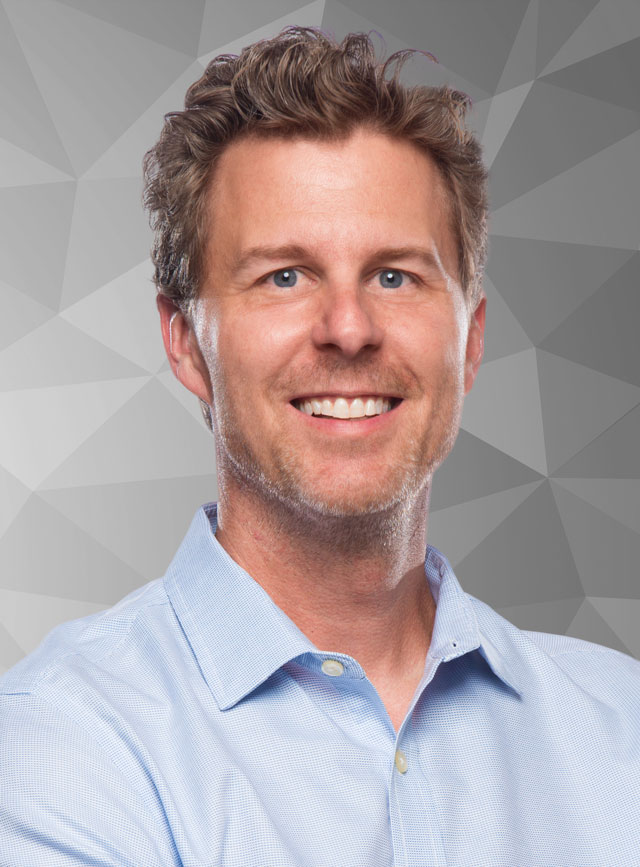How Leaders Can Excel by Promoting 'Followership'


In business, massive scale can bring its own weaknesses. Case in point: a few years ago the Nestlé corporation, the world's largest food-and-beverage company, decided that in spite of its dominance, it needed to change. A focus on cost-cutting had discouraged its employees from taking ambitious risks. One of the results was slower growth.
And so in the summer of 2018 the company embarked on a strategic plan designed to transform company culture. “It was a pretty big mindset shift to embrace failing fast, risk-taking, and a decide-and-go mentality,” said David Tredo, VP of human resources, operations, and transformation at the company. “It was taking an organization that had been conditioned to operate in a certain way, in a different landscape with okay results, to something in which [company leaders] use the analogy of building a dynasty.”
But to build a dynasty, the company’s executives realized, they had to shift the mindset of the entire workforce, not just top leadership. To do so they embraced the concept of “followership,” which says that followers play important individual, relational, and collective roles in organizational failures and successes.
“In the followership dynamic, when we encourage employees to challenge, seek clarity, and have self-advocacy for what they need and where they are, that comes with an accompanying sense of mutual responsibility and accountability,” explained Shaun Dyke, the managing partner at SSCA, an executive-leadership consulting firm, who guided Nestlé on its cultural shift.

The concept of emboldening followers has a rich history, Dyke pointed out. “Some of the most prominent research on it came from Mary Parker Follett. This was late 1800s, early 1900s,” he said. Parker Follett wrote The Essentials of Leadership and stressed that leaders must be able to see the desires of the group, organize them, and unite them under a common purpose. She depicts followers as crucial allies in that goal.
Dyke, who has a long professional history in leadership development, came to the concept after confronting challenges of companywide culture shifts. “I really started to dig into this understanding of when good people know that something could be done better, why don’t they do it?” he asked. He studied the psychological concept known as the “diffusion of responsibility,” meaning “when a person is among other people, they are less likely to take action because they assume somebody has already taken action.”
Dyke then explored the dynamic between leadership and followership. Effective leadership is amplified by effective followership, meaning that leaders are tuned in with their team and provide clear expectations, while team members feel comfortable making suggestions, enacting change and taking responsibility for their work. “People have to be willing to take personal ownership across the board,” Dyke said. “We live in a world where it can sometimes be easier to blame or shift responsibility than to take responsibility.”
While the concept empowers so-called followers, it requires a leadership shift as well. “It takes a healthy ego of the leader,” Dyke explained. “He or she has to be willing to, at times, acquiesce to the thinking, experience, and collective thinking that a followership population may bring to them.” When the relationship aligns under the concept, he added, “everybody wins.”
The term “followership” was initially met with apprehension at Nestlé, which is based in Switzerland and operates around the world. “We really had to define and unpack what followership is,” said Tredo. Dyke knows it can be a tough shift in a culture that often focuses on leaders and celebrates leadership qualities. But as he noted, “the masses of an organization’s population are people not in formal leadership roles.”

Nestlé decided to move forward, knowing its culture shift would be company-wide. “We had a strategy from the very beginning to win the hearts and minds of everyone and start with leaders to really hit the right tone,” recalled Tredo. “We started with strategic leaders, moved to our people leaders, and then embraced this among the many and pulled it through to individual contributors.”
That meant company-wide conversations, workshops and programs covering topics like creating conditions for team achievement, understanding key motive drivers, deep trust-building and accountability, alongside skill-building, facilitated by Dyke and his team. “We had over 100 daylong sessions during Covid with individual contributors helping embed these concepts and ideas,” he said. For Tredo, it was asking employees to figure out “how do you actively engage in this cultural journey that we’re on?”
Leaning into the cultural journey during the pandemic paid off. Tredo pointed out that 2020 was the best year in company history, with online sales accounting for more than 40% of the company's growth in the U.S. The company’s new values made sense during a time of tremendous change because “people thought it was the right trajectory and could see their role in it,” he added.
Dyke believes that leadership and followership are key to healthy companies and their ability to navigate the unexpected. And as companies like Nestlé embrace the concept, he is confident it will take on renewed value in the workplace. “We want people to wear the ‘followership’ title as a badge of honor,” he said. “There’s an incredible complement and power in effectively supporting and following something.”
Editor's note: From Day One thanks our partner who sponsored this story, SSCA. You can read more about the firm's thinking on corporate culture here.
Emily Nonko is a Brooklyn, NY-based reporter who writes about real estate, architecture, urbanism and design. Her work has appeared in the Wall Street Journal, New York magazine, Curbed and other publications.
The From Day One Newsletter is a monthly roundup of articles, features, and editorials on innovative ways for companies to forge stronger relationships with their employees, customers, and communities.